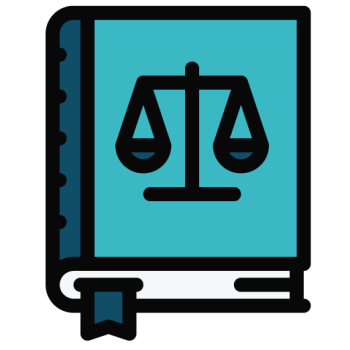What are conferences with my prosecutor?
Prosecutors often meet witnesses just before they go to court. These meetings are called conferences and are usually held at the CDPP’s office or at court. At a conference:
- The prosecutor will explain the trial process and discuss your role as a witness, for example what date and time you are likely to be needed.
- The prosecutor may clarify things in your statement, so it is a good idea to read it beforehand.
- If there is anything in your statement you would like to add or change, let the prosecutor know.
- If you don’t have a copy of your statement, please contact either the police officer or WAS case officer to get one.
Conferences allow you to ask the prosecutor questions and raise any concerns you might have.
- You are able to bring a support person with you to a conference, but they may not be able to sit in with you for the entire time. Your support person can’t be a witness in the same matter.
How do I find out what’s going on with my case?
If you tell your prosecutor or WAS officer that you’d like to be kept up-to-date on your matter (not everyone wants to know), they will tell you of:
- a decision to start a prosecution (and the charges laid)
- a decision not to start a prosecution
- the date and place any charges are to be heard
- the outcome of any bail proceedings
- plea negotiations
- the outcome of proceedings, including appeals.
To get more information about your case, call or email the CDPP prosecutor. If you don’t know who this is, call the CDPP office in your state or territory and ask to speak to the prosecutor concerned.
- If you can tell us the name of the accused when you call this will help us identify the prosecutor involved in your case.
- The police officer involved in your case might also be able to answer any questions you have. If the Witness Assistance Service (WAS) is involved, contact the allocated WAS officer.
What happens if I’m overseas?
If you have to travel from overseas, interstate, or somewhere it’s unreasonable to return home from, the CDPP will pay for your travel, accommodation and meals. These arrangements will be made before you have to attend court.
If you will be overseas or interstate, or unable to get to your court hearing for other reasons, you will need to tell your prosecutor as soon as possible. While the court may agree to change the dates, the judge or magistrate can require you to attend court regardless of your other plans.
Speak to your prosecutor and WAS officer to try to ensure you are available at the times you may be expected in court.
Can I be reimbursed for lost wages if I have to take time off work?
You are able to claim lost wages/salary if your employer won’t pay for you to attend court or conferences with your prosecutor.
Some employers provide special types of leave to attend court. You may also be entitled to paid leave on the days you have to give evidence.
More information
What does mental impairment and fitness to be tried mean?
A person is not responsible for committing an offence if they were suffering from a mental impairment at the time the offence occurred.
- Mental impairment means the person didn’t know the nature or quality of what they did, or that they didn’t know that what they were doing was wrong, or that the person was unable to control their behaviour.
If the jury decides the person was suffering from this sort of mental impairment at the time of the offence, the jury must give a verdict of ‘not guilty because of mental impairment’.
- Fitness to be tried is about a person’s physical and mental condition at the time they come to court, not at the time of the offence.
The question of whether a person is unfit to be tried can be raised by the defendant, their lawyer, the CDPP, or the court.
Once it has been raised, the court must make a decision as to whether or not the person is fit to be tried.
What happens when someone is sentenced?
After someone pleads guilty or is found guilty, the judge or magistrate will decide the appropriate penalty. This is known as the sentence, and can include:
- jail time, conditional release, a fine, or community service
- repaying money to the Commonwealth and anyone who has lost money due to the offence
When sentencing a defendant, a judge will take into account a Victim Impact Statement if one has been submitted.
- A Victim Impact Statement is a written or spoken statement that describes the impact of the crime on those affected by it, and the harm the victim suffered as a result. Such harm may include physical, psychological and emotional suffering, economic and other loss, and damage.
A defendant may lodge an appeal against being found guilty and the severity of the sentence. The prosecution can appeal against the sentence imposed.
All appeals must be heard by a higher court.

